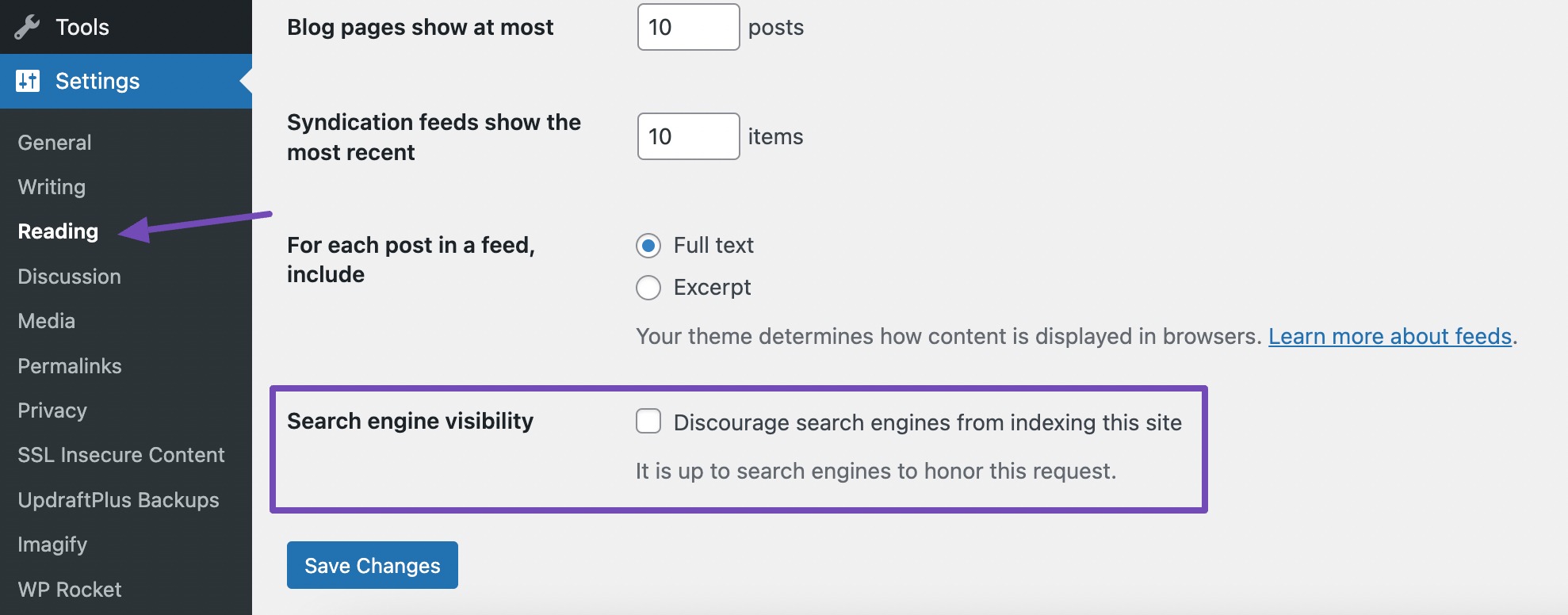Dominate The SERPs: The Ultimate Guide To Search Engine Visibility
In today's digital landscape, getting your website noticed is crucial for driving traffic, generating leads, and ultimately, boosting sales. Search Engine Optimization (SEO) plays a vital role in achieving this goal, and dominating the Search Engine Results Pages (SERPs) is the ultimate objective. With billions of search queries made every day, the competition for visibility is fierce. However, with the right strategies and techniques, you can increase your website's search engine ranking and climb the ranks to dominate the SERPs.
The key to dominating the SERPs lies in understanding the intricacies of search engine algorithms, as well as the behaviors and preferences of your target audience. By leveraging these insights, you can create content that resonates with your audience and meets the expectations of search engines. In this comprehensive guide, we'll explore the essential factors that contribute to search engine visibility, from keyword research and on-page optimization to link building and content marketing.
Understanding Search Engine Algorithms
Search engines like Google, Bing, and Yahoo use complex algorithms to rank websites in their search results. These algorithms take into account a multitude of factors, including:
- Relevance: How well does the content match the search query?
- Authority: How trustworthy is the website, and is it a credible source of information?
- User experience: How easy is it for users to navigate and engage with the website?
- Link equity: How many high-quality backlinks does the website have?
- Content quality: How well-written, informative, and engaging is the content?
To dominate the SERPs, you need to understand how these algorithms work and how you can optimize your website to meet their needs.
Keyword Research
Keyword research is a crucial step in SEO, as it helps you identify the most relevant and high-traffic keywords related to your business. By incorporating these keywords into your content, you can increase your website's visibility and relevance to search engines.
Here are some tips for conducting effective keyword research:
- Use keyword research tools: Utilize tools like Google Keyword Planner, Ahrefs, or SEMrush to identify potential keywords and their search volumes.
- Analyze competitor keywords: Identify the keywords your competitors are targeting and adjust your strategy accordingly.
- Long-tail keywords: Target longer, more specific phrases that have lower competition and higher conversion rates.
- Keyword clustering: Group related keywords together to create a content strategy that targets multiple search queries.
On-Page Optimization
On-page optimization refers to the process of optimizing individual web pages to rank higher in search engines. This includes:
- Title tags: Write attention-grabbing, descriptive title tags that accurately summarize the content.
- Meta descriptions: Craft compelling meta descriptions that entice users to click through to your website.
- Header tags: Organize content using header tags (H1, H2, H3, etc.) to create a clear structure and hierarchy.
- Content optimization: Use keywords strategically throughout your content, but avoid keyword stuffing.
Image Optimization
Images are a crucial aspect of on-page optimization, as they can significantly impact your website's ranking and user experience. Here are some tips for optimizing images:
- Use descriptive alt tags: Write descriptive alt tags that accurately describe the image and include target keywords.
- Optimize image file names: Use descriptive file names that include target keywords to improve image indexing.
- Compress images: Compress images to reduce file size and improve page load times.
Link Building
Link building is a critical component of SEO, as it helps establish your website's authority and relevance. Here are some strategies for building high-quality backlinks:
- Guest blogging: Write guest posts for other reputable websites to attract high-quality backlinks.
- Resource pages: Create resource pages that link to other high-quality websites in your industry.
- Broken link building: Find broken links on other websites and offer to replace them with a working link to a similar article.
- Reviews and testimonials: Encourage customers to leave reviews and testimonials on your website to attract high-quality backlinks.
Local SEO
If your business targets a specific geographic region, local SEO is essential for attracting local search traffic. Here are some strategies for optimizing your website for local SEO:
- Claim and optimize your Google My Business listing: Ensure your business is listed on Google My Business and optimize your listing with accurate and up-to-date information.
- Use location-specific keywords: Target keywords that include your business's location to attract local search traffic.
- Create content that resonates with local audiences: Write content that speaks to the needs and interests of your local audience.
Content Marketing
Content marketing is a powerful strategy for attracting and engaging with your target audience. Here are some tips for creating effective content:
- Create high-quality, informative content: Write content that provides value to your audience and addresses their needs and interests.
- Use attention-grabbing headlines: Craft headlines that grab the attention of your audience and entice them to click through.
- Optimize content for mobile devices: Ensure your content is optimized for mobile devices to improve user experience.
- Repurpose and update content: Repurpose and update existing content to keep it fresh and relevant.
Content Marketing Strategies
Here are some content marketing strategies to try:
- Blog regularly: Write regular blog posts to attract and engage with your target audience.
- Create video content: Create video content that showcases your products or services.
- Host webinars: Host webinars to educate and engage with your target audience.
- Create eBooks and whitepapers: Create comprehensive guides that provide value to your audience.
Technical SEO
Technical SEO refers to the process of optimizing your website's technical aspects to improve search engine ranking and user experience. Here are some technical SEO strategies to try:
- Optimize website speed:
Lara Diabla
Mamitha Baiju
Kaitlyn Kremsd Pos
Article Recommendations
- Brad Pitt Height In Feet
- Mel Tiangco
- Matthew Gray Gubler
- Matt Czuchry Relationship
- Taylor Mcgregor
- Holly Rowe Husband
- Angieickinson Today
- Lori Harveyiddy
- Dominic Monaghan
- Nigellater Husband



